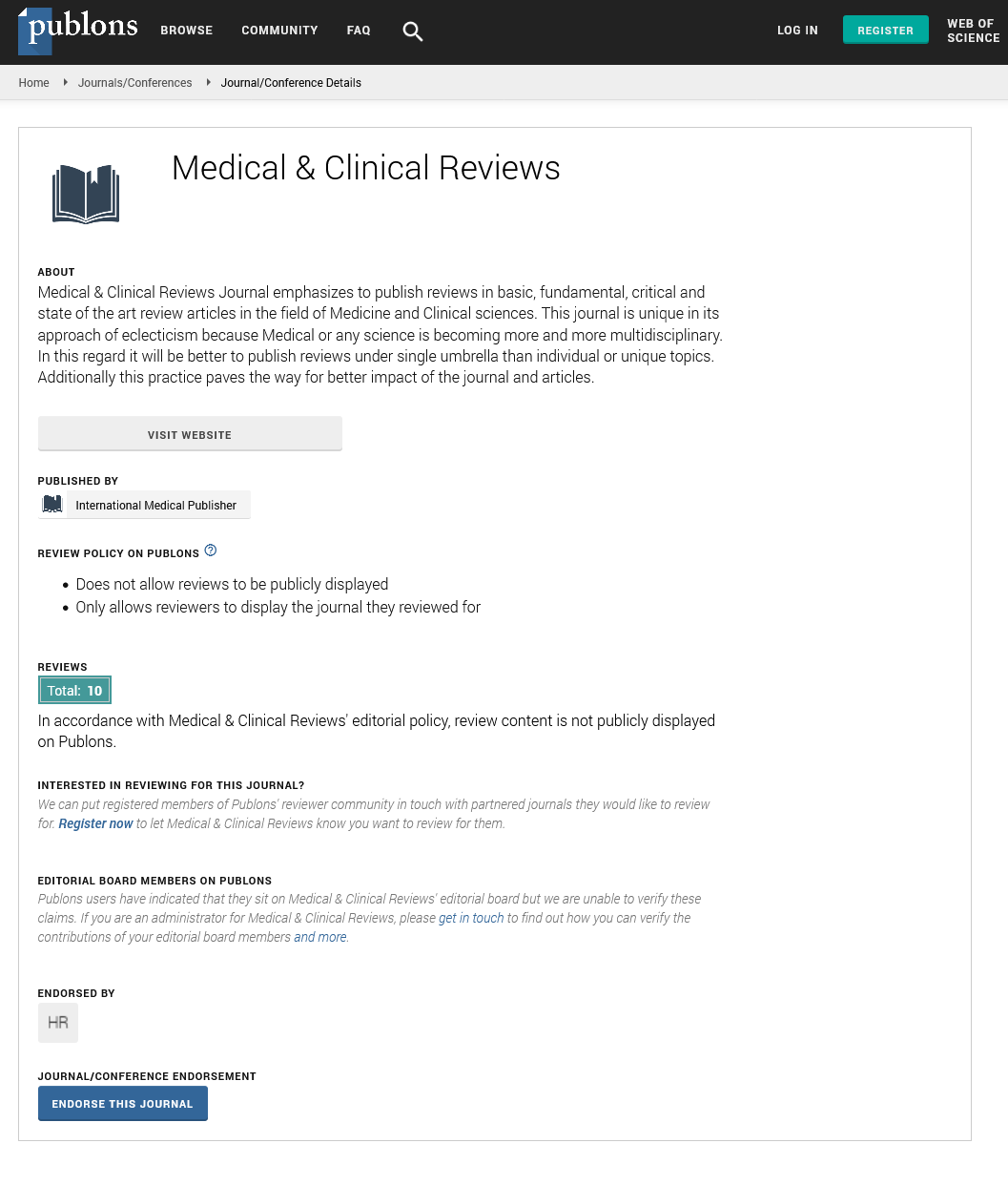Abstract
Mechanisms Implicated in Parkinson Disease from Genetic Perspective
Parkinson's disease (PD) etiology is based upon interactions between genetic susceptibility and the environmental exposure. Multiple environmental factors inducing oxidative stress, mitochondrial damage, impairment of the neuroprotective and autophagic mechanisms are responsible for dopaminergic neurons death. Defining the contributions of genetic and environmental factors, may have important implications for understanding the pathogenesis of PD. The linkage analysis in Mendelian forms of PD especially in multiplex highly penetrant families is essential to elucidate biological mechanisms for PD susceptibility. Concerning the monogenic forms of PD were found mutations in 7 genes of AD transmission (SNCA, LRRK2, GIGYF2, VPS35, EIF4G1, HTRA2, TMEM230) and even more in those of AR transmission. This review aims to give an overview of the existing evidence of multiples molecular pathways involving cytoplasmic organelles’ function, neurodevelopmental mechanisms, synaptic vesicles endocytosis and trafficking, maintaining the integrity of the cytoskeleton and axonal transport in neurons. Understanding the molecular mechanisms following the identification of genes mutations and low-penetrance susceptibility alleles in familial and sporadic PD patients by genotyping technology and functional studies represent an essential step for the development of adequate biomarkers and potent therapies.
Author(s):
Cyprian Popescu
Abstract | Full-Text | PDF
Share this

Google scholar citation report
Citations : 906
Medical & Clinical Reviews received 906 citations as per google scholar report
Medical & Clinical Reviews peer review process verified at publons
Abstracted/Indexed in
- Google Scholar
- China National Knowledge Infrastructure (CNKI)
- Directory of Research Journal Indexing (DRJI)
- WorldCat
- Publons
- Secret Search Engine Labs
Open Access Journals
- Aquaculture & Veterinary Science
- Chemistry & Chemical Sciences
- Clinical Sciences
- Engineering
- General Science
- Genetics & Molecular Biology
- Health Care & Nursing
- Immunology & Microbiology
- Materials Science
- Mathematics & Physics
- Medical Sciences
- Neurology & Psychiatry
- Oncology & Cancer Science
- Pharmaceutical Sciences


